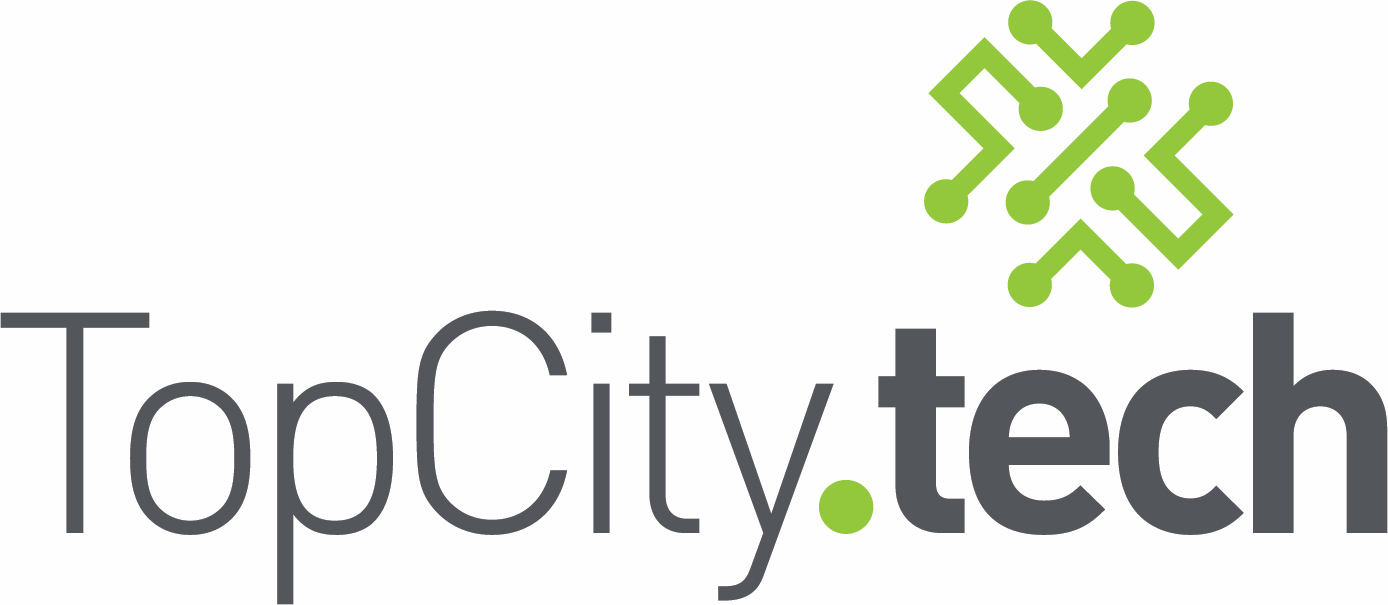Understanding Compliance Standards
Understanding Compliance Standards
In today’s digital world, businesses must follow various compliance standards to protect sensitive information and avoid penalties. But let’s be honest—compliance jargon can be confusing, especially if you’re not in IT or cybersecurity.
So, let’s break down six key compliance standards in simple terms, explaining who they apply to and why they matter.

NIST 800-171: Protecting Government Data
Who needs it? Businesses working with U.S. federal agencies or handling Controlled Unclassified Information (CUI).
What it does: Sets security guidelines to protect sensitive government data from cyber threats.
Why it matters: If you do business with the government, you need to follow these rules to keep contracts and avoid breaches.
CMMC: Cybersecurity for DoD Contractors
Who needs it? Companies that work with the U.S. Department of Defense (DoD).
What it does: Requires companies to meet specific cybersecurity levels before being awarded DoD contracts.
Why it matters: If you don’t comply, you can’t work with the DoD. This ensures military and defense data is protected.
ITAR: Protecting Military & Space Technology
Who needs it? Companies that manufacture, sell, or distribute military equipment, weapons, or space technology.
What it does: Controls access to sensitive U.S. defense-related data to prevent it from being shared with foreign countries or unauthorized users.
Why it matters: Non-compliance can result in severe legal penalties and even criminal charges.
HIPAA & HITRUST: Keeping Healthcare Data Safe
Who needs it? Businesses handling patient health information, including doctors, hospitals, and insurance providers.
What it does:
- HIPAA ensures that medical records remain private and secure.
- HITRUST goes a step further by offering higher-level security certification.
Why it matters: Protecting patient data isn’t just about security—it’s about trust. Violations can lead to hefty fines and lawsuits.
SOC 2 Type 2: Proving You Keep Customer Data Secure
Who needs it? Businesses that store or process customer data, like SaaS providers and IT service companies.
What it does: Demonstrates that a company properly manages data security over time.
Why it matters: Builds trust with customers and partners by proving your business takes security seriously.
FTC Safeguards Rule: Protecting Consumer Financial Data
Who needs it? Companies handling customer financial information, including banks, mortgage lenders, and tax preparers.
What it does: Requires businesses to encrypt and protect customer financial data.
Why it matters: Prevents fraud and identity theft while ensuring companies follow proper security practices.
Why Compliance Matters
Following these compliance standards isn’t just about checking boxes—it’s about protecting your business, your customers, and your reputation. Cyber threats are constantly evolving, and staying compliant helps you reduce risks, avoid fines, and build trust with your clients.
If you’re unsure whether your business meets these requirements, let’s talk! Our team at Top City Tech can help you navigate compliance and strengthen your cybersecurity posture.







